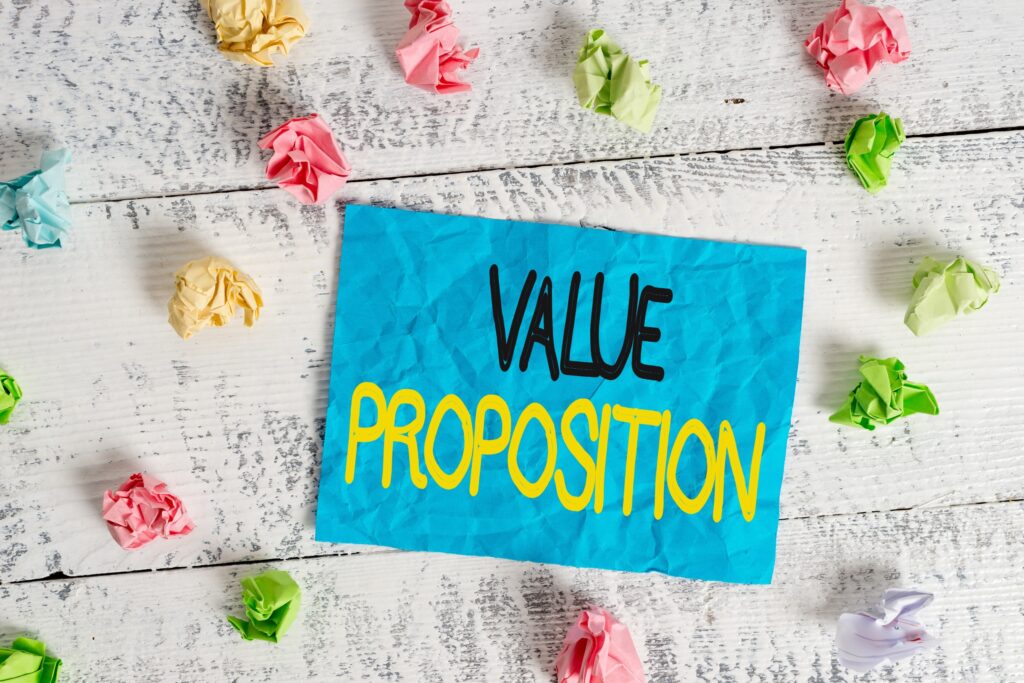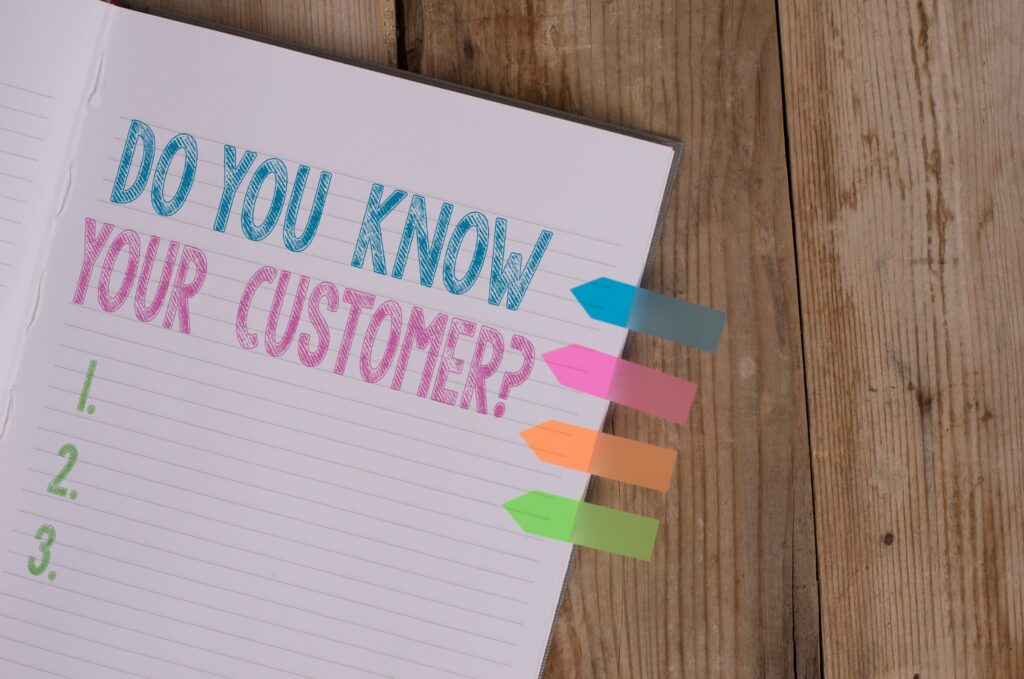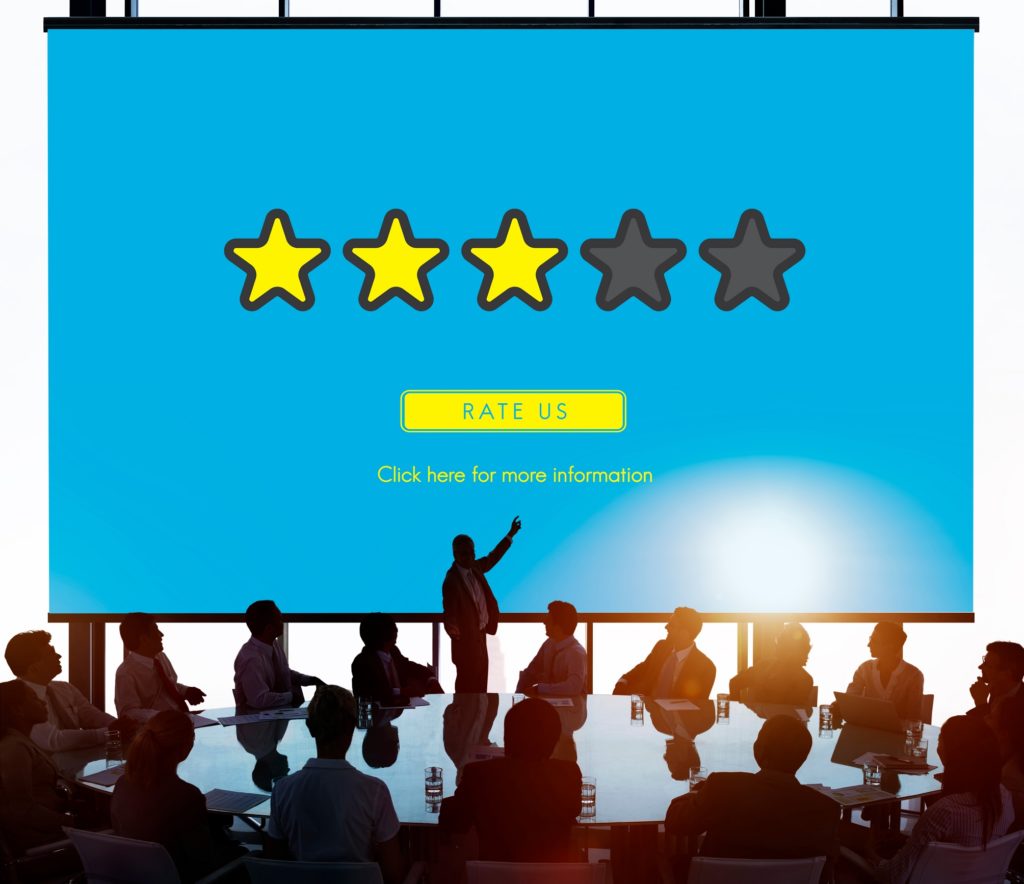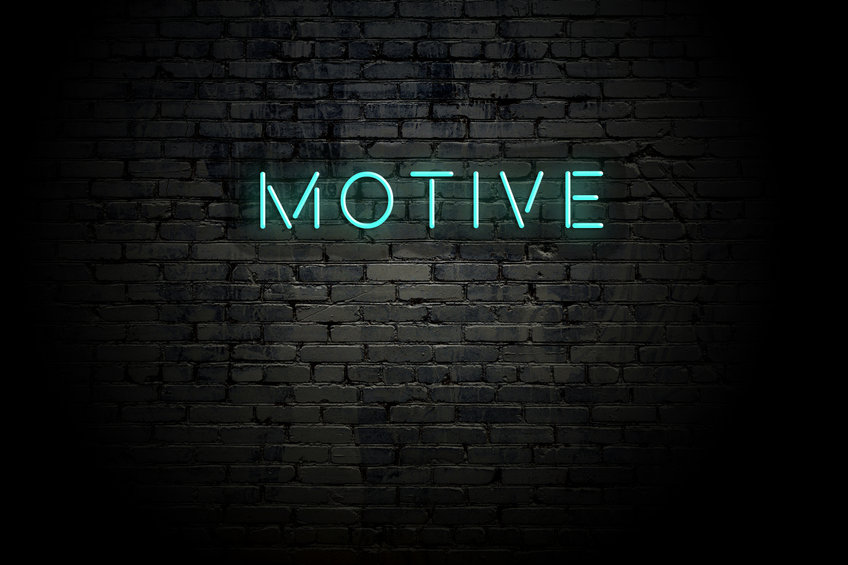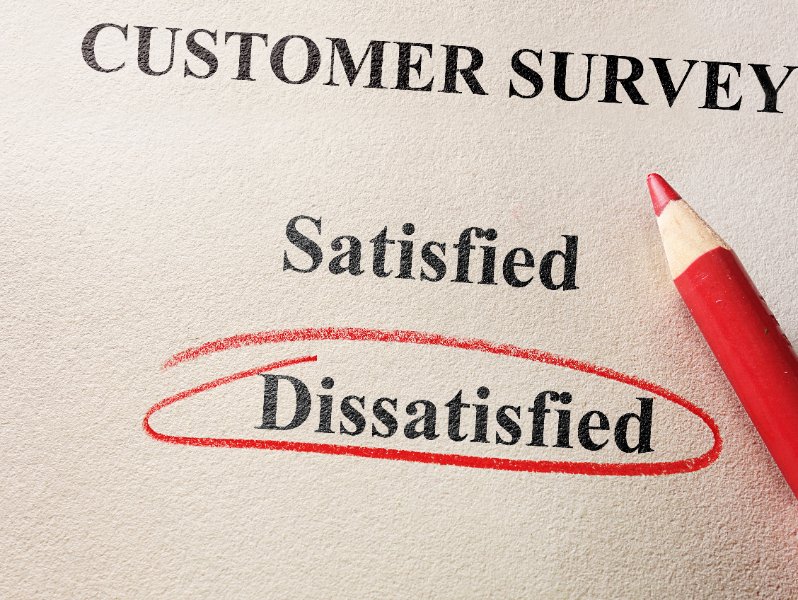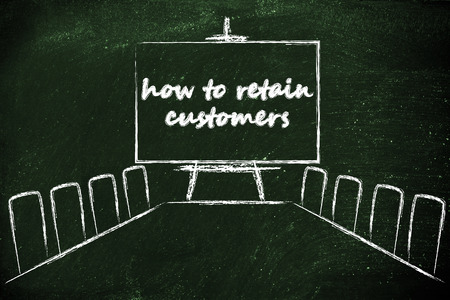One out of every three customers will discontinue your service after just one bad experience. Think about that: for every three clients you serve, just a single slip-up with one of them could mean a lost relationship, lost revenue, and potentially a damaged reputation. In B2B, where client loyalty is the backbone of long-term success, that loss can ripple far beyond a single client. With so much at stake in every interaction, handling tough conversations well isn’t optional—it’s essential. Enter the BIFF Response model.
How to Handle Tough Customer Conversations Using BIFF Response Model

